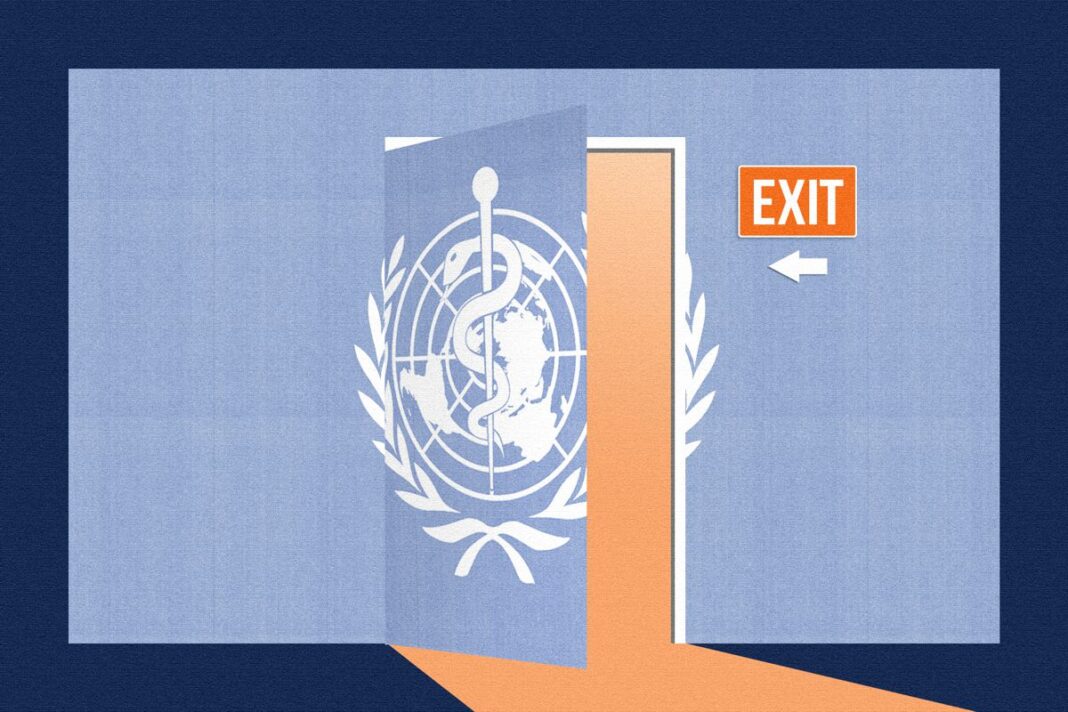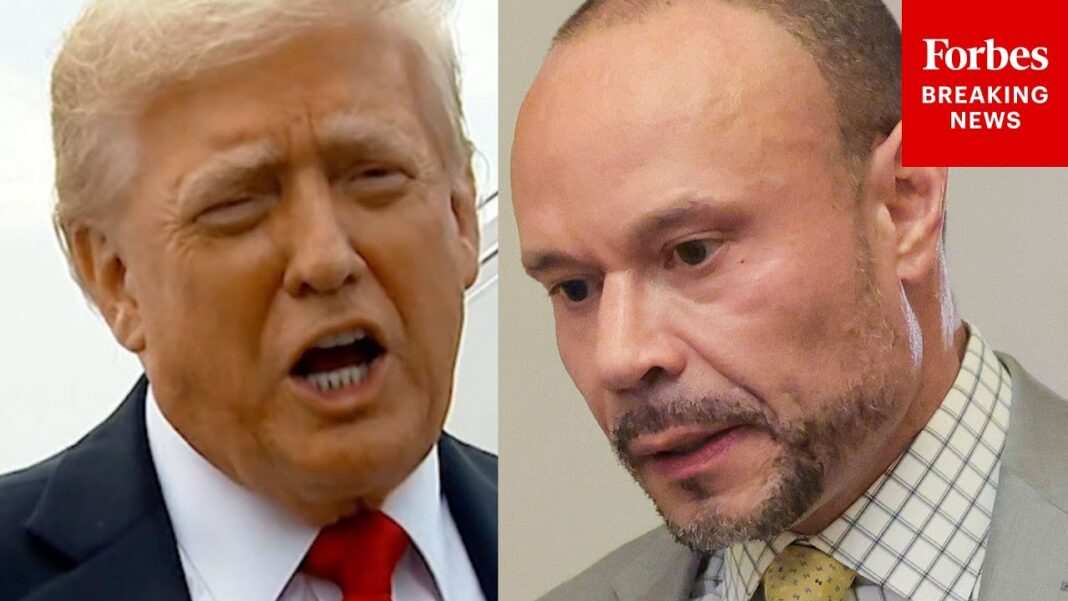One direction advocates pandemic response and vaccines, the other focuses on health promotion such as nutrition, sanitation, and economic development.
As the World Health Organization celebrated the adoption of a landmark pandemic treaty in May, the United States deepened its criticism of the United Nations agency—which it contends has become corrupt, beholden to special interests, and diverted from its core mission.
While a U.S. delegation was absent from the 78th World Health Assembly in Geneva—where member states approved the world’s first pandemic agreement with 124 votes in favor, no objections, and 11 abstentions—U.S. Health Secretary Robert F. Kennedy Jr. delivered an address via video.
Like many legacy institutions, the WHO has become mired in bureaucratic bloat, entrenched paradigms, conflicts of interest, and international power politics. While the United States has provided the lion’s share of the organization’s funding historically, other countries such as… pic.twitter.com/VvWbVBkb6M
— Secretary Kennedy (@SecKennedy) May 20, 2025
“I urge the world’s health ministers and the WHO to take our withdrawal from the organization as a wake-up call. It isn’t that President Trump and I have lost interest in international cooperation—not at all,” Kennedy said, adding that the United States was already in contact with “like-minded” countries. He proposed an alternative global system, inviting fellow health ministers around the world to cooperate outside the limits of a “moribund” WHO.
President Donald Trump signed an executive order in January initiating the year-long process of withdrawing from the agency. Trump’s first administration started the process in 2020, but President Joe Biden reversed course.
In a statement, the WHO said it hopes the United States will reconsider, highlighting a successful partnership that has, since its founding in 1948, “saved countless lives and protected Americans and all people from health threats,” and pointing to ongoing reforms.
Without a solid plan, Kennedy’s proposal may be unlikely to draw many defectors, beyond Argentina, which has also withdrawn from the WHO. But his criticism of the agency points to a much deeper debate over the future of global public health.
In the long shadow of COVID-19, there is an increasing trend toward prioritizing pandemic response—billions of dollars for vaccines, surveillance, and high-tech attempts to find and control diseases, including those that don’t yet exist.
In a world of limited resources, this paradigm often abrades with one that prioritizes health promotion—the more banal work of strengthening local health systems and addressing underlying determinants such as nutrition, sanitation, and economic development.
The Trump administration’s Make America Healthy Again (MAHA) agenda, with its focus on holistic health promotion and the root causes of chronic disease, philosophically aligns with the latter approach.








